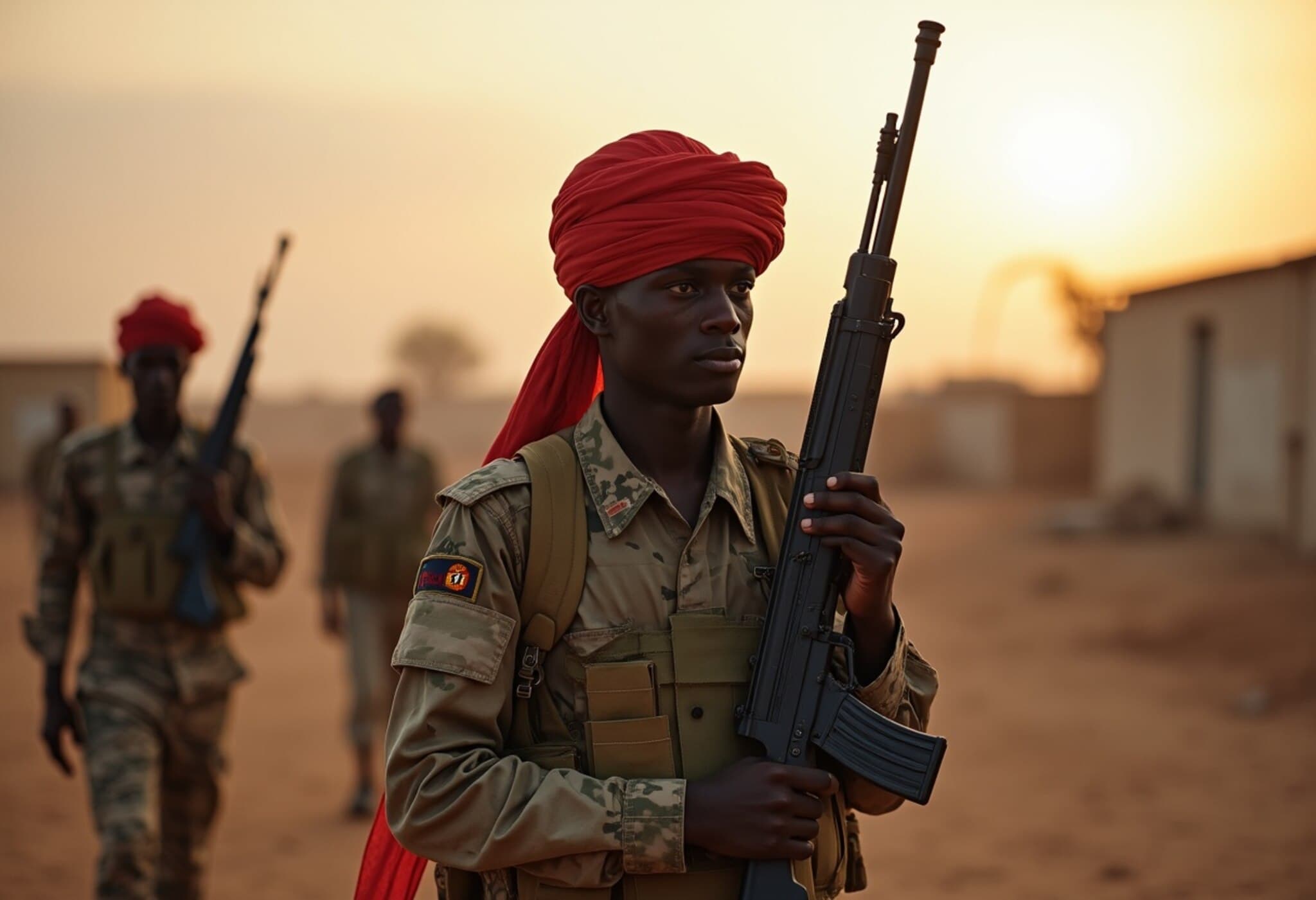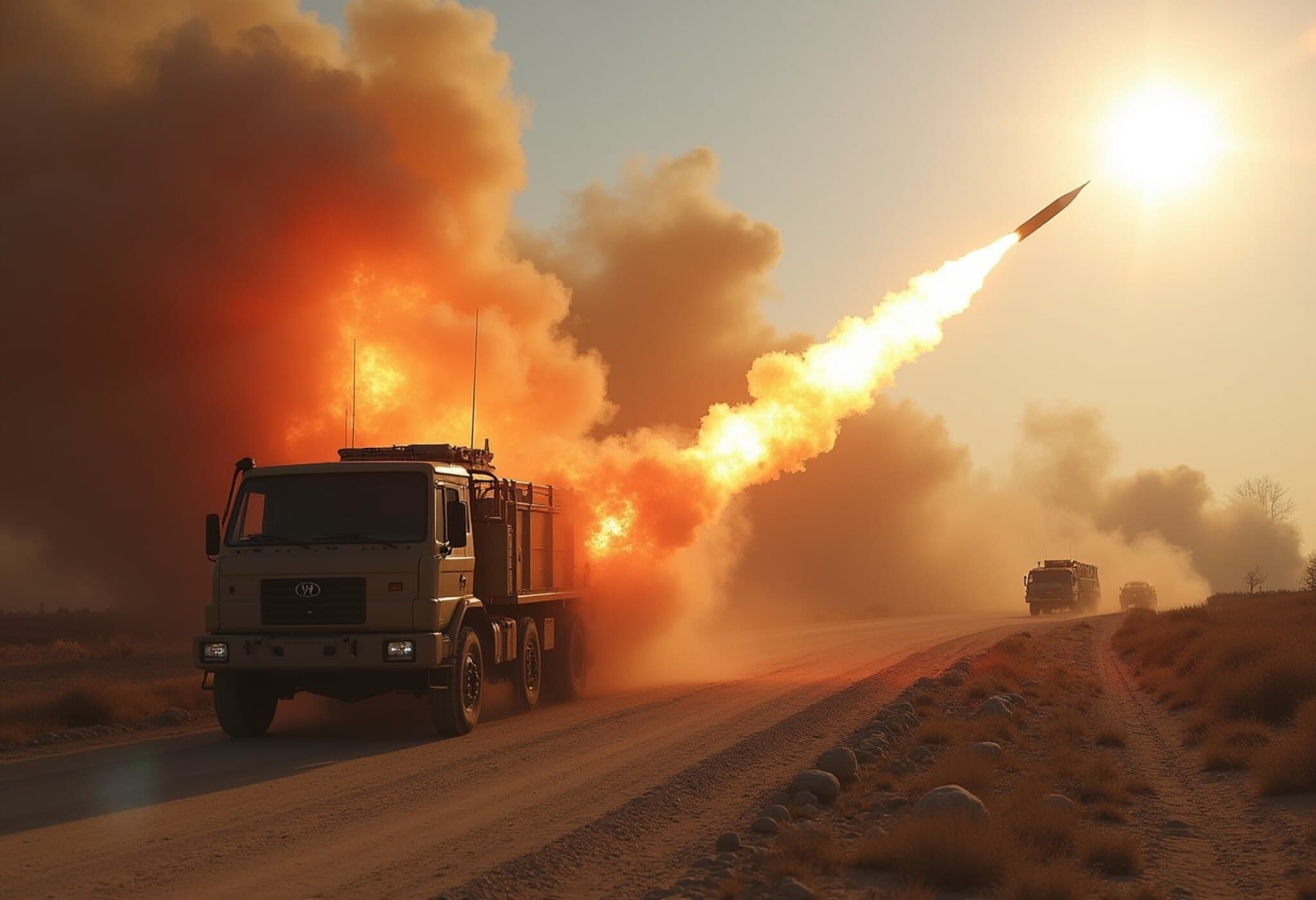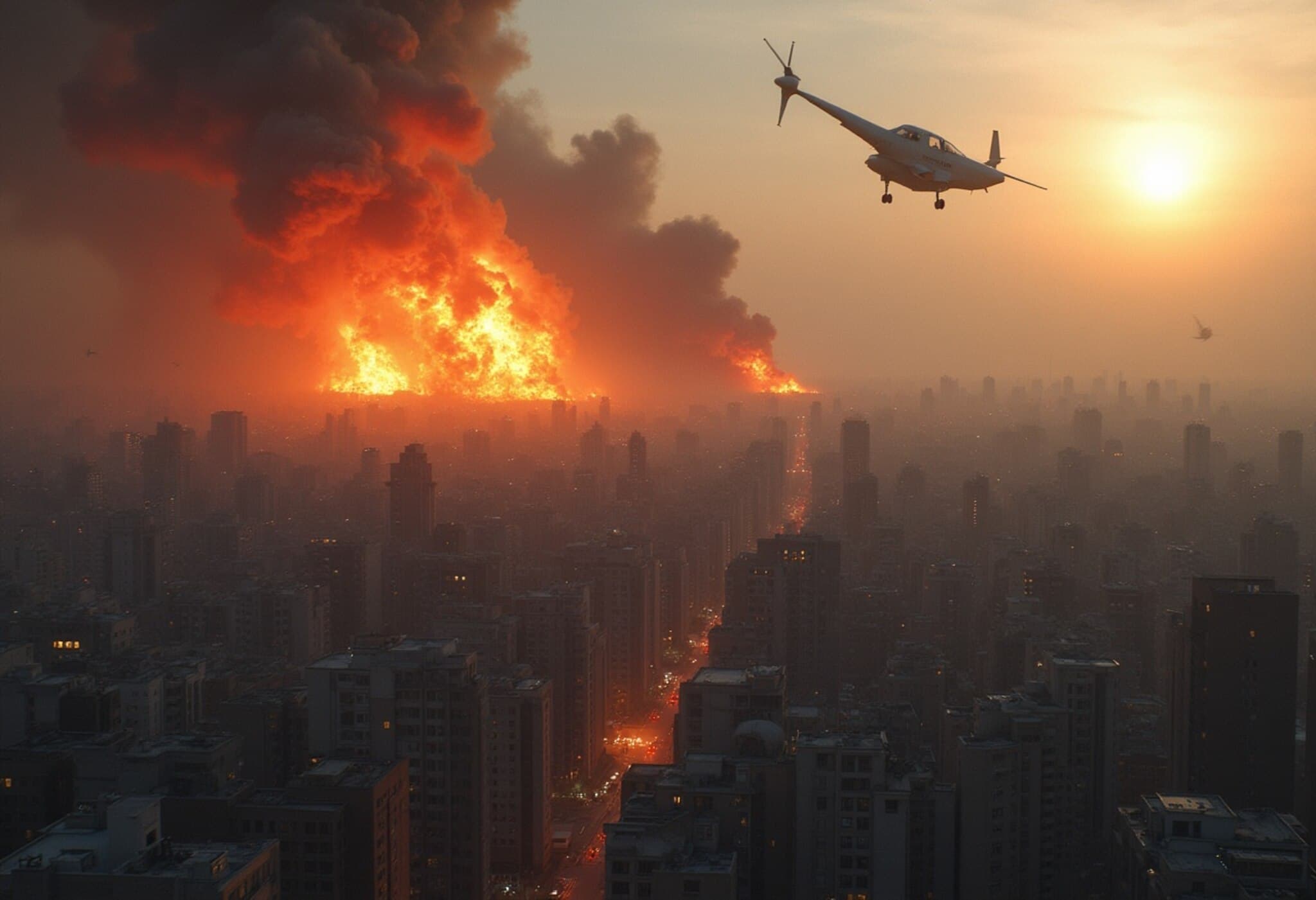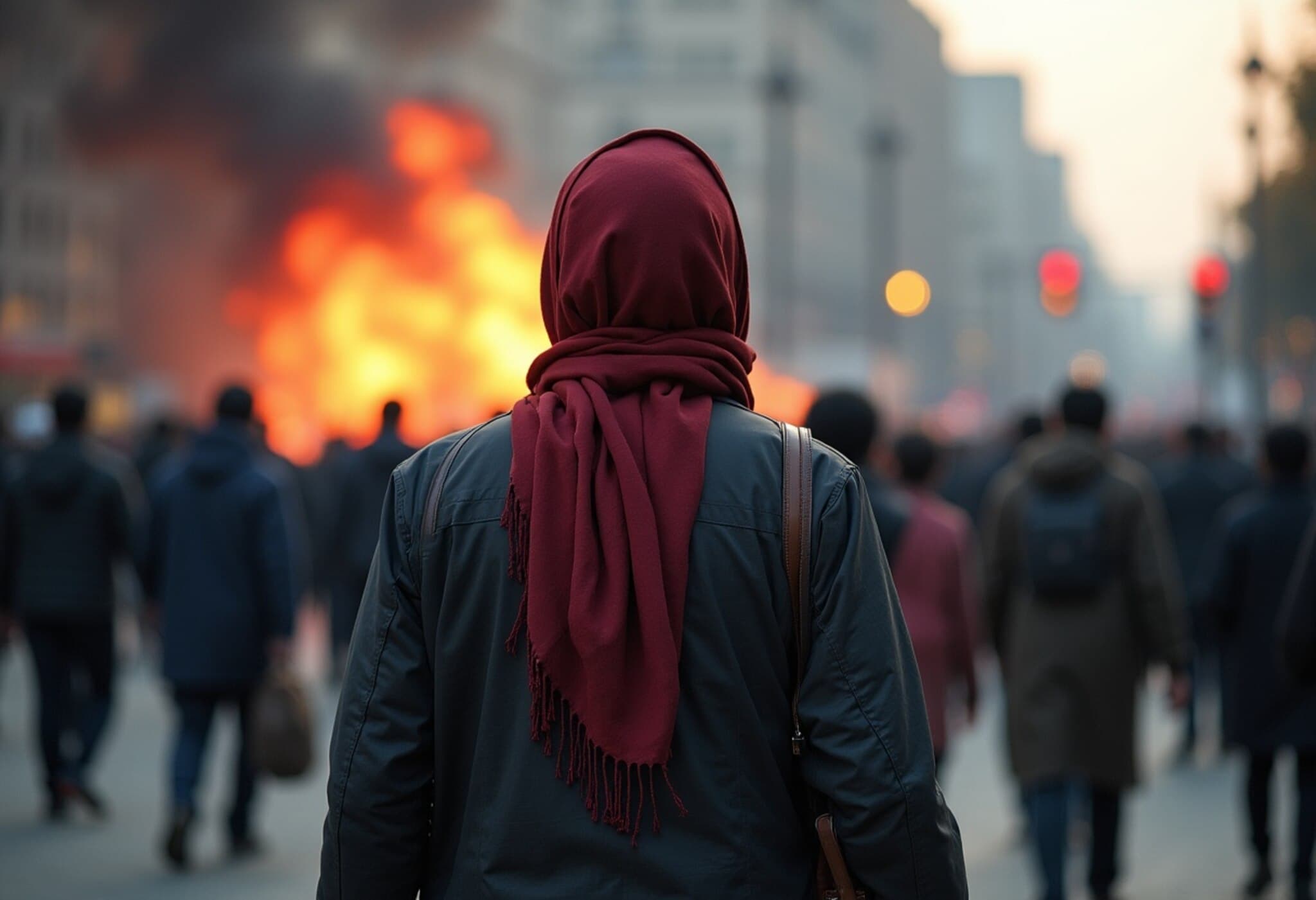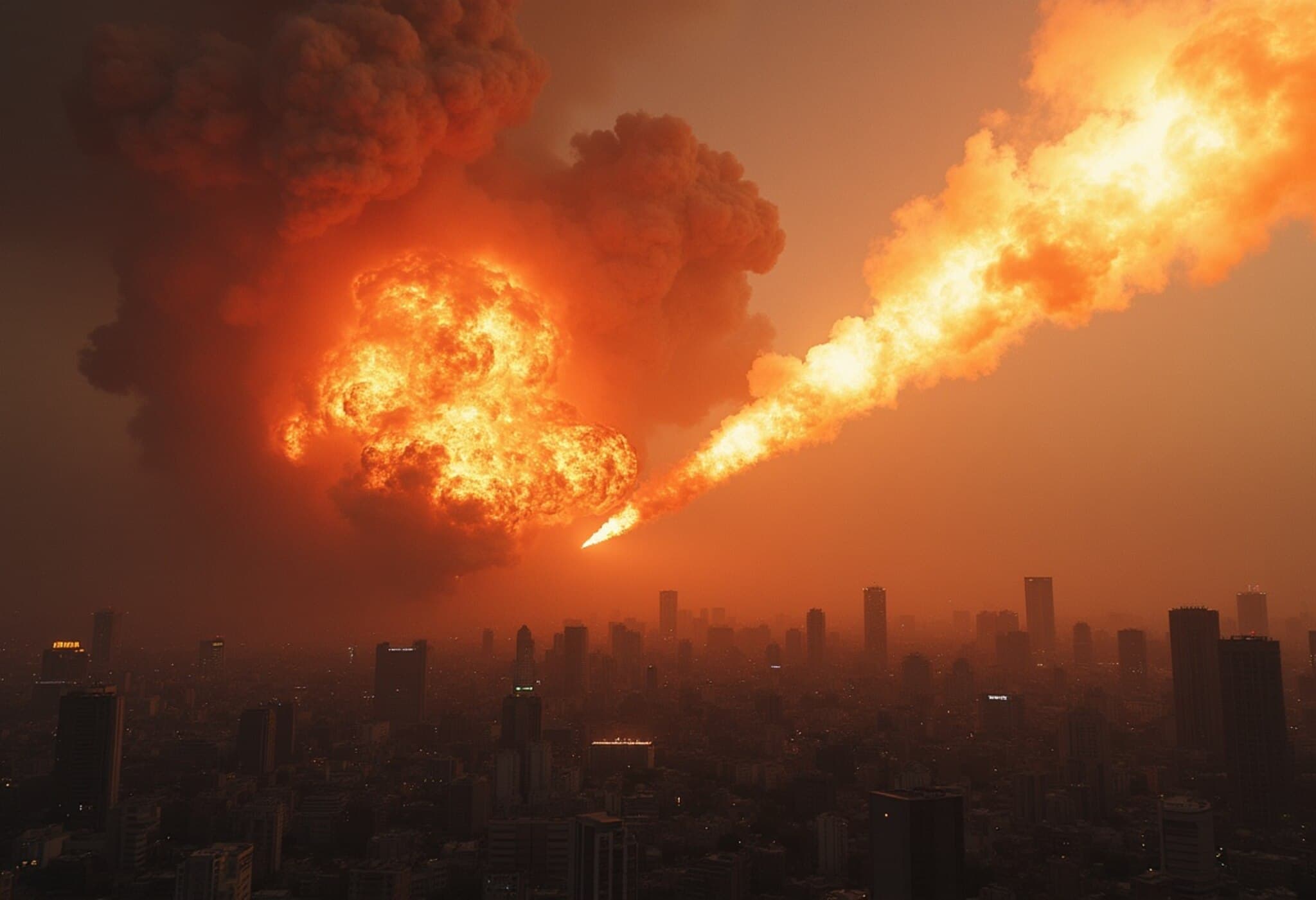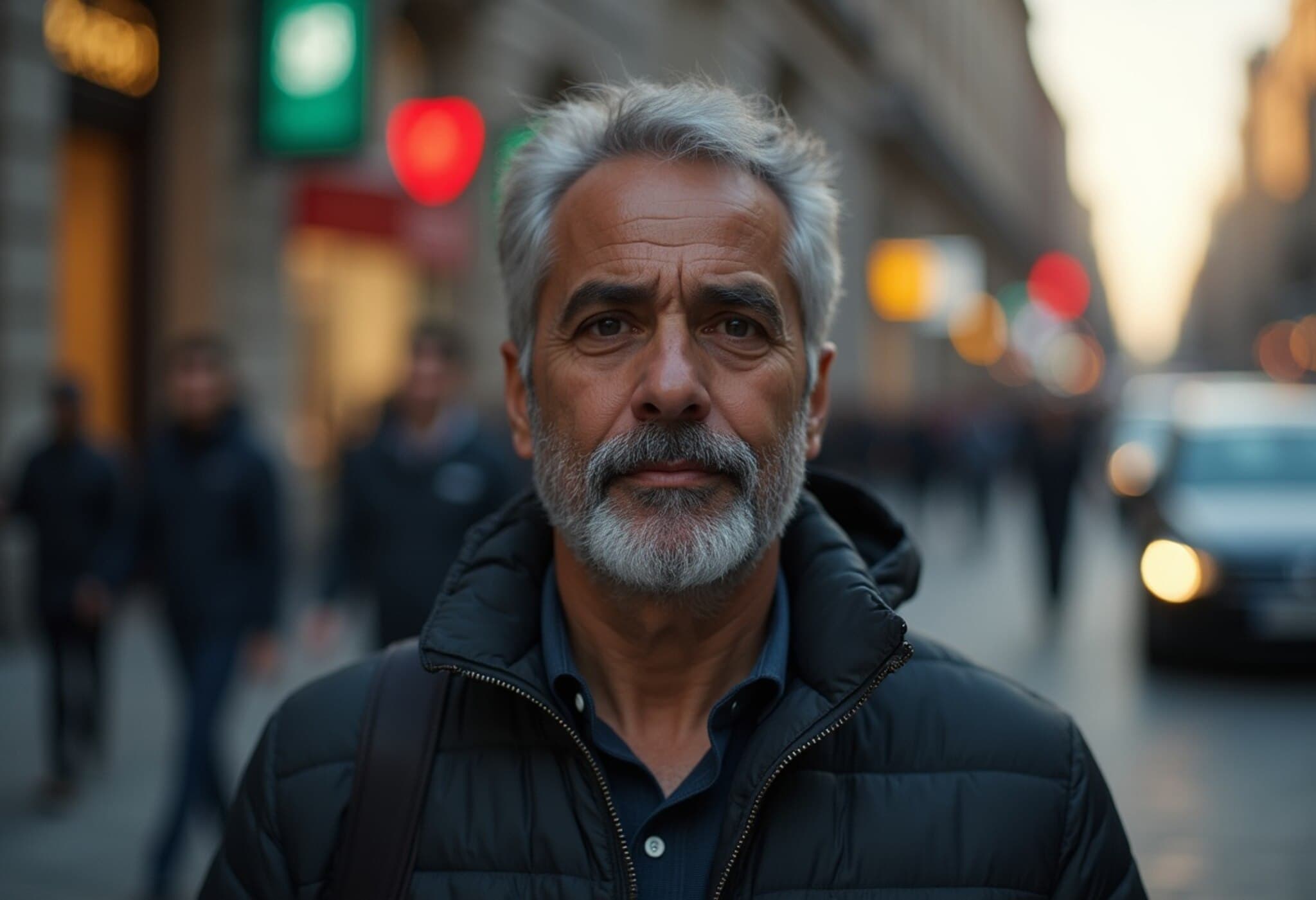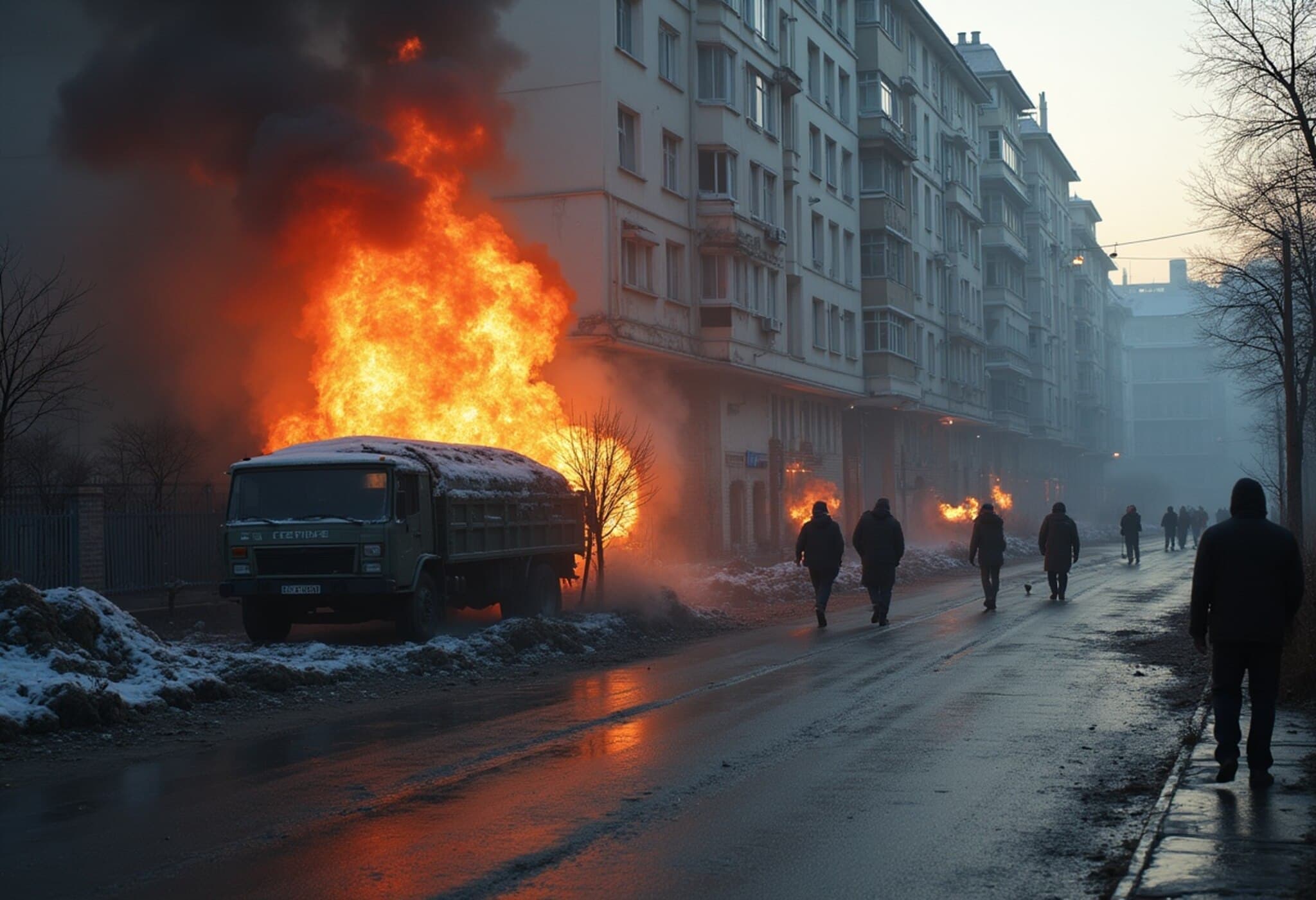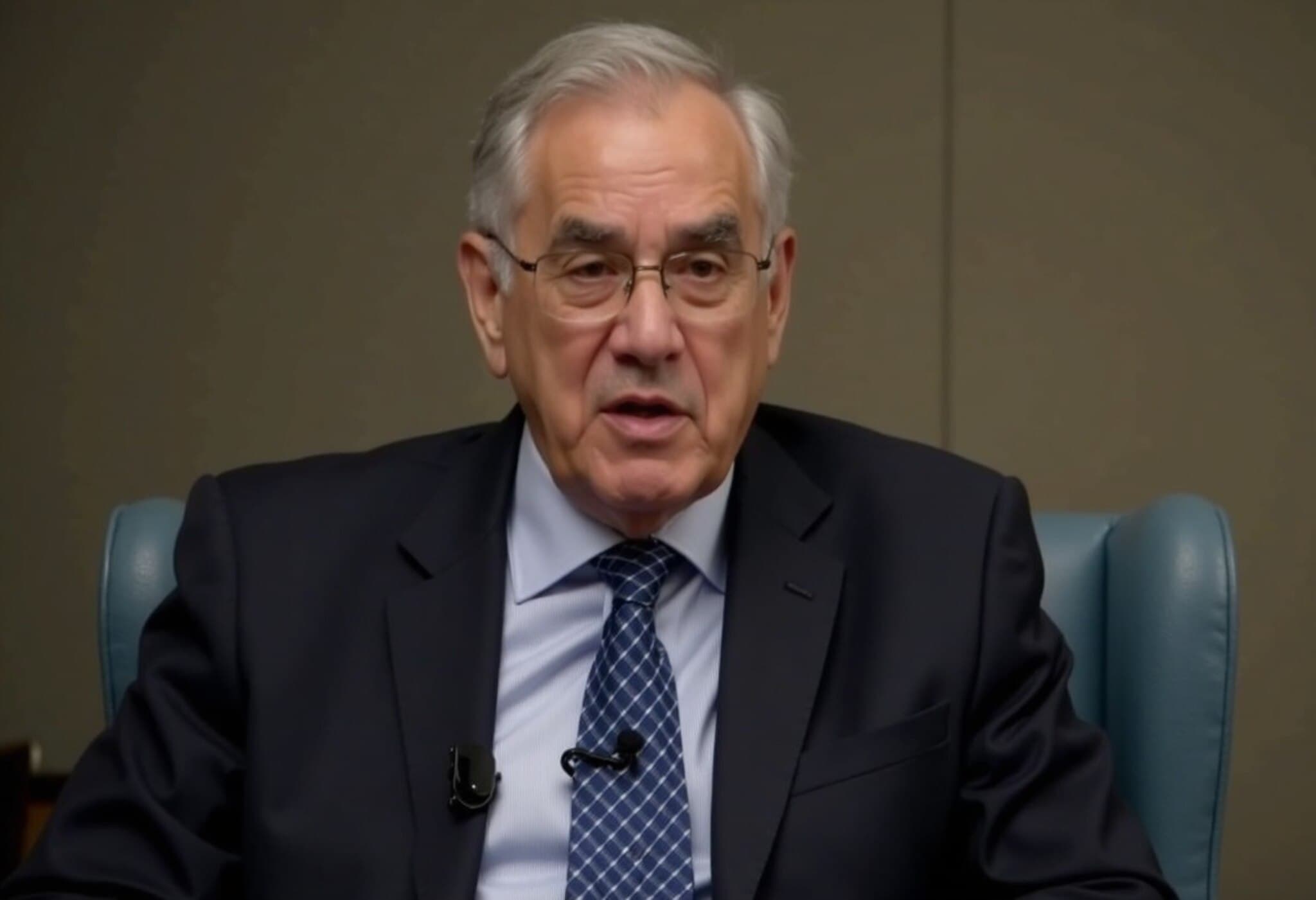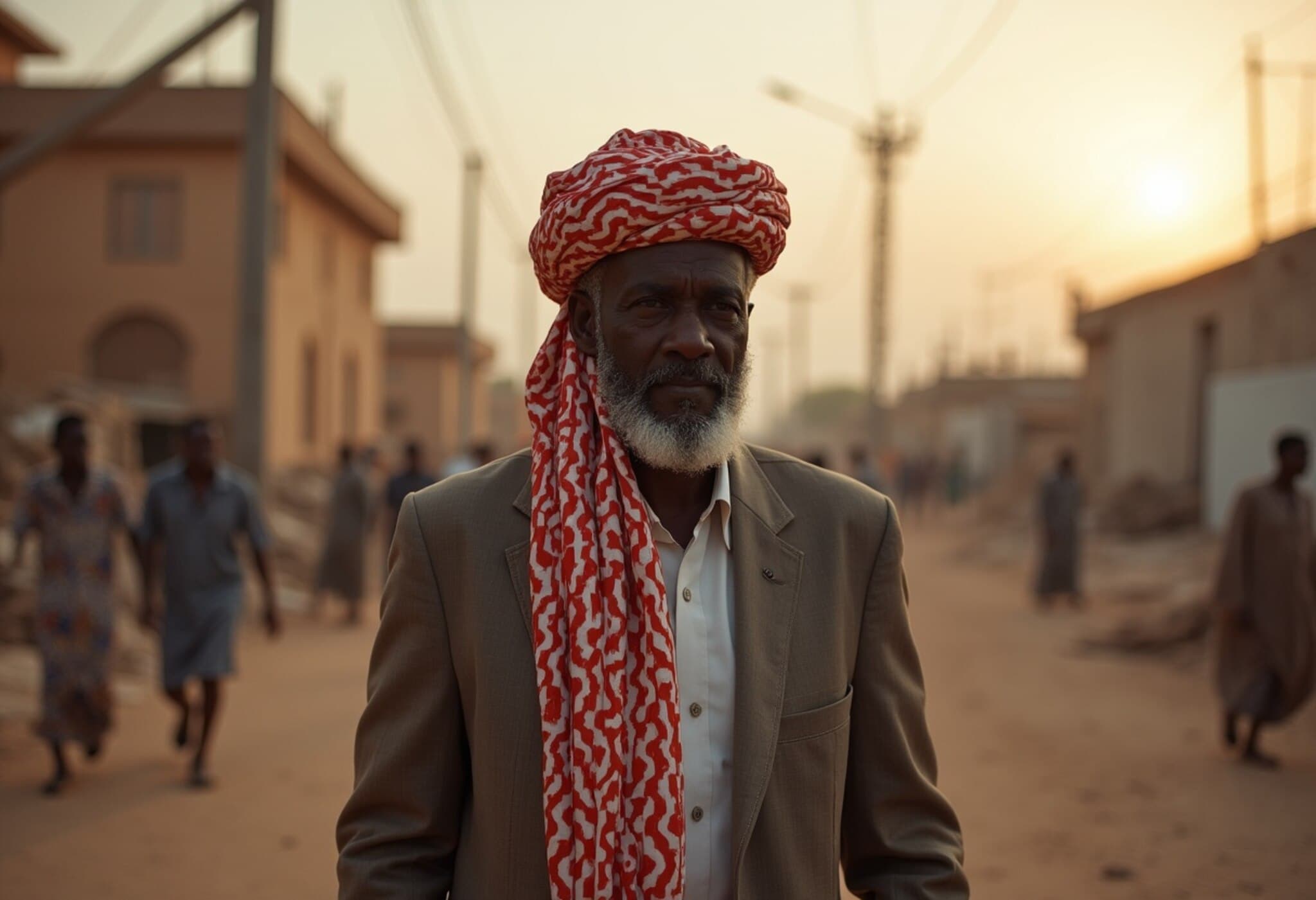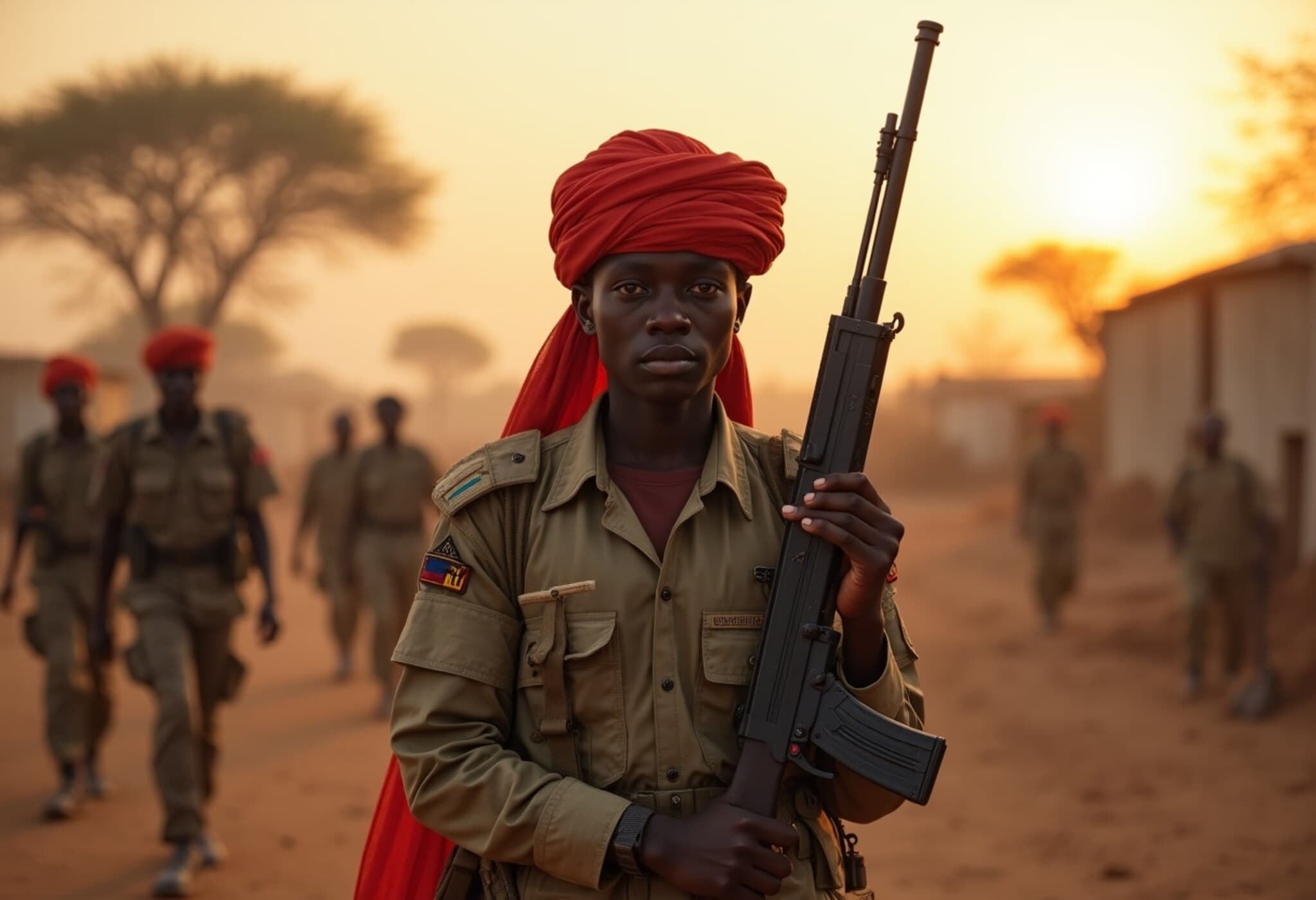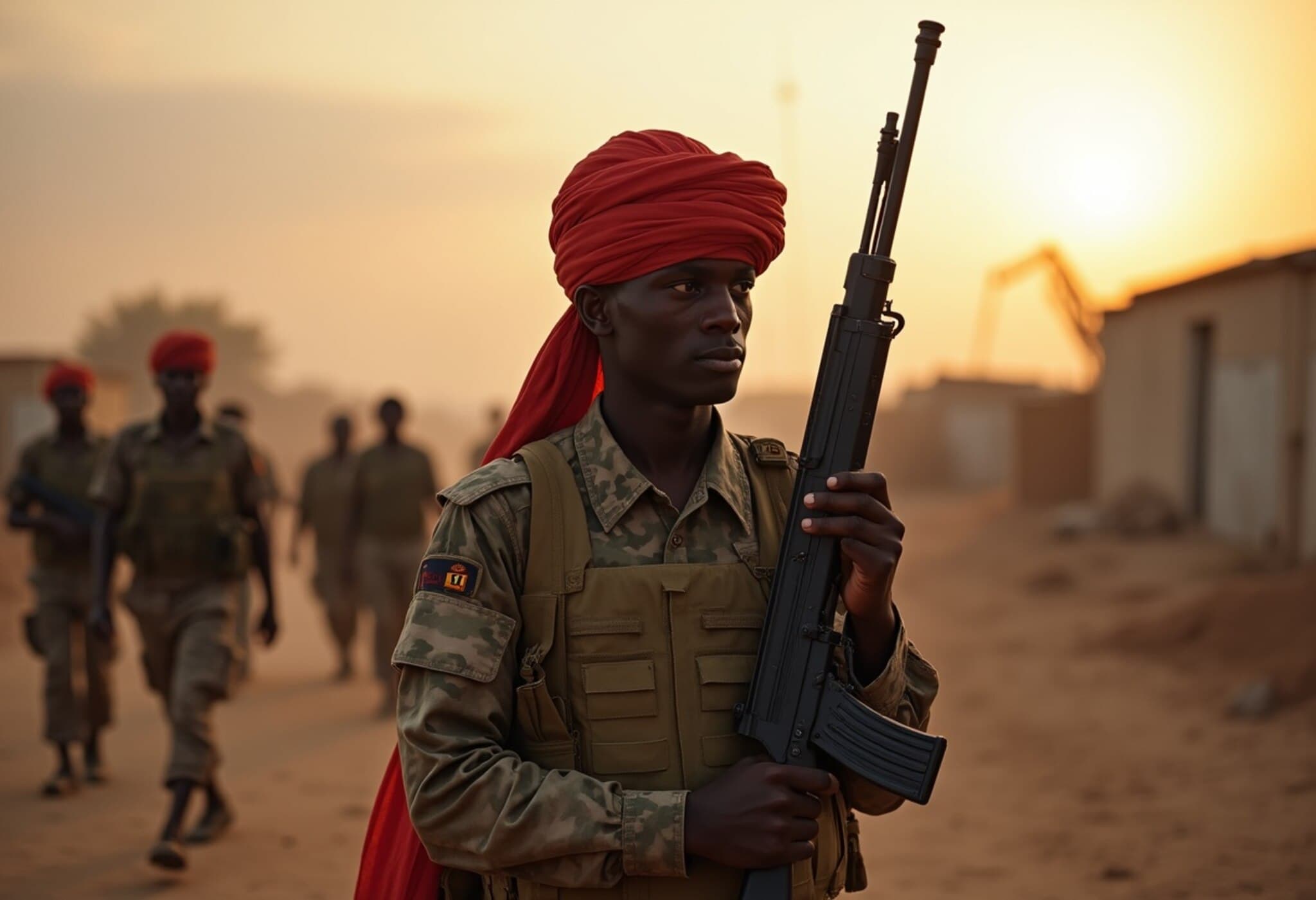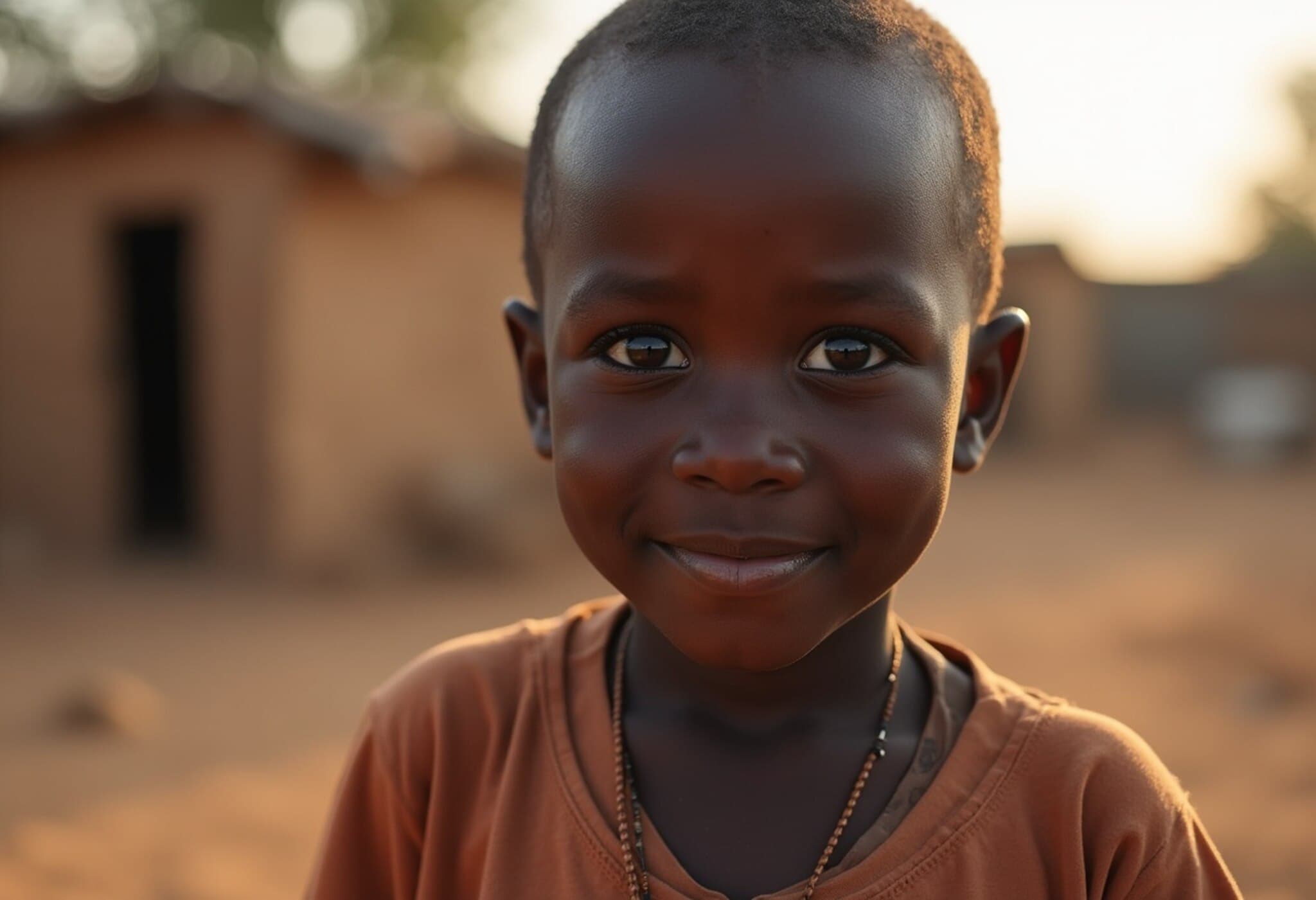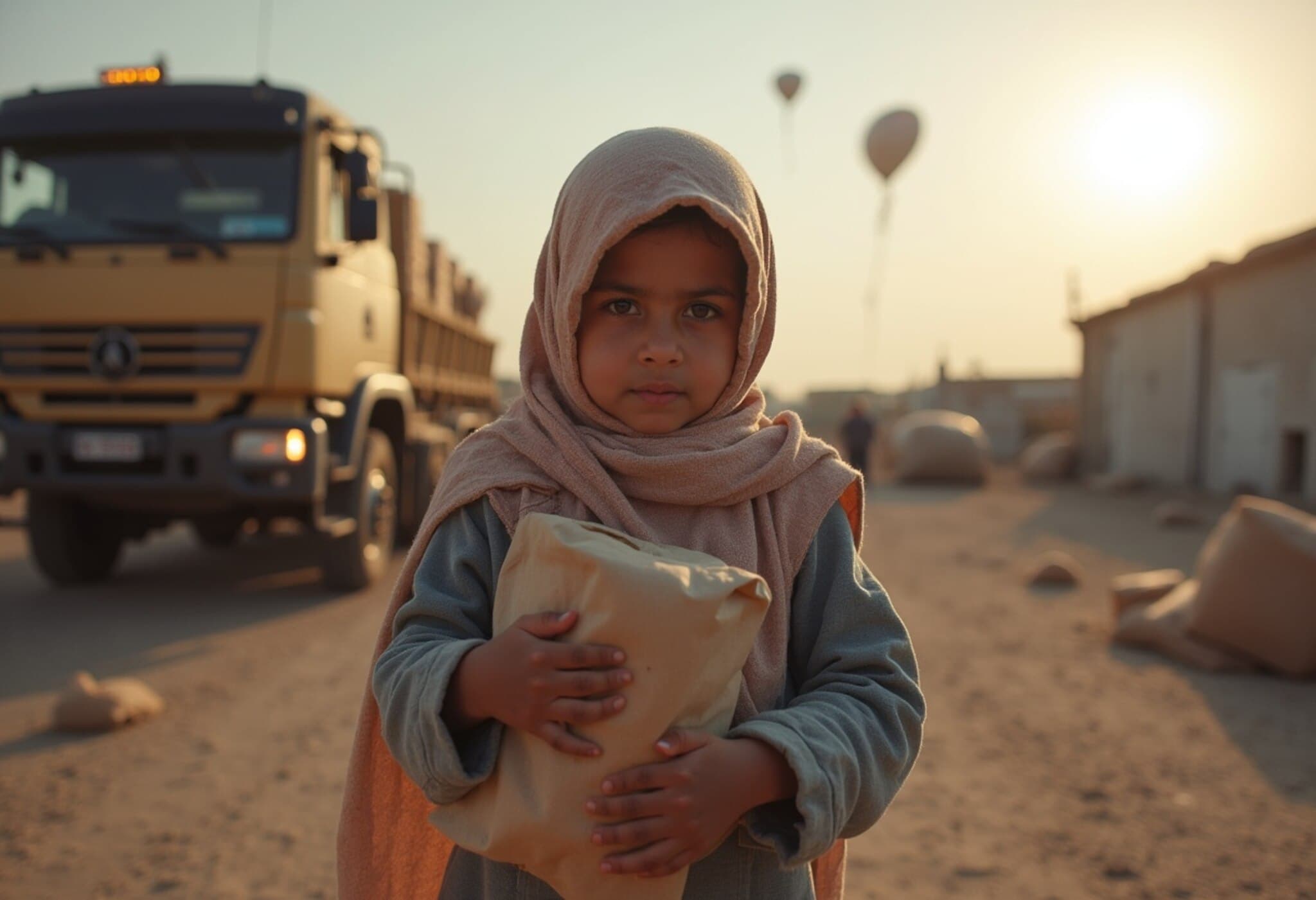Sudan's Rapid Support Forces Establish Parallel Government, Deepening National Crisis
On July 26, 2025, the paramilitary Rapid Support Forces (RSF), led by General Mohamed Hamdan Dagalo—popularly known as Hemedti—announced the formation of a parallel government in western Sudan. This bold move intensifies the ongoing civil war and threatens to push Sudan closer to fragmentation amid decades-long instability.
Context: A Nation Divided and At War
Sudan, already beleaguered by deep political unrest since the ousting of longtime autocrat Omar al-Bashir in 2019, remains trapped in a tumultuous transition. The RSF coalition, commanding significant control over the western territories including the vast and conflict-prone Darfur region, unveiled their own government structure in defiance of the army-led federal authority.
- In March 2025, the RSF and its allied factions introduced a transitional constitution advocating for a federal, secular Sudan divided into eight autonomous regions.
- The RSF’s territorial hold predominantly spans the west and peripheries, whereas the national army, led by General Abdel Fattah al-Burhan, recently reclaimed critical central areas including the capital, Khartoum.
The Sudanese army swiftly condemned the RSF’s declaration, vowing to combat the parallel administration until national unity under the official government is restored. This power struggle underscores the stark rivalry between two dominant military factions whose uneasy alliance collapsed in the 2021 coup that dismantled civilian governance and ignited the ongoing civil conflict.
Key Players: Hemedti and al-Burhan
General Mohamed Hamdan Dagalo’s RSF, originally a militia group that evolved into a formidable paramilitary force, wields substantial influence across Sudan’s western regions. Known as one of Sudan’s wealthiest figures, Hemedti faces serious allegations, including US sanctions citing complicity in genocide — reflective of the brutal conflicts in Darfur and beyond.
Conversely, Gen. Abdel Fattah al-Burhan, a career military officer, heads Sudan’s official military administration. He, too, is under US sanctions due to his role in perpetuating war rather than fostering peace negotiations. The tension between these two generals encapsulates Sudan’s fractured power dynamics and the challenges to stabilizing governance.
International and Regional Implications
In February 2025, rebel factions including the RSF convened in Kenya, articulating plans for a “New Sudan” government that directly challenges the army’s legitimacy and actively seeks advanced weaponry. This parallel government announcement is a culmination of those ambitions to establish an alternative power base.
For the international community, this development raises critical questions about future peace-building efforts. The proliferation of armed factions and competing governments dramatically complicates any prospects for a unified peace process or a democratic transition in Sudan, a country already suffering from compounded humanitarian crises.
Humanitarian Toll: An Unfolding Catastrophe
The civil war has precipitated an unprecedented humanitarian disaster. According to the United Nations, nearly half of Sudan’s population now confronts acute hunger and famine conditions, compounded by disrupted agriculture, economic collapse, and widespread displacement.
This fracturing of governance not only hampers aid delivery but risks fueling further violence as competing authorities vie for control. Sudan’s fate thus hangs precariously between fragmentation and desperate calls for reconciliation.
Expert Commentary: Diagnosing Sudan’s Political Immunity Crisis
Sudan’s current trajectory exemplifies how weak institutional frameworks and militarized politics undermine state sovereignty. The RSF’s establishment of a parallel government is less a sudden rupture than the symptom of a protracted struggle over Sudan’s national identity and power distribution.
Experts warn that without inclusive dialogue incorporating all armed actors and civilian voices, the country faces prolonged instability. Durable peace requires addressing the underlying grievances fueling factionalism—ethnic tensions, resource allocation disputes, and political exclusion.
Moreover, international sanctions, while aiming to penalize war crimes, risk hardening fault lines if not paired with robust diplomatic engagement and targeted humanitarian assistance.
Looking Ahead: What Lies on Sudan’s Horizon?
- The persistence of two rival military administrations threatens Sudan’s territorial integrity and could lead to de facto partition.
- The international community faces a critical juncture: whether to deepen sanctions or pivot towards intensified peace negotiations.
- Locally, Sudanese civilians continue to bear the brunt of conflict, underscoring the urgency of protecting human lives amid political turmoil.
Sudan’s crisis is a stark reminder of the fragile post-revolution transitions in countries where military power often eclipses civilian governance. The challenge remains to build institutions resilient enough to withstand these pressures and forge a peaceful, inclusive future.
Editor’s Note
The RSF’s declaration of a parallel government in Sudan represents a pivotal moment in a conflict that has defied resolution for years. Beyond headlines, this development prompts us to ask: How can the international community engage effectively amidst competing military elites? What role do sanctions and diplomacy play in either deepening conflict or paving a path toward peace? Most importantly, how can the voices and needs of Sudan’s civilian population be centered in a dialogue dominated by armed actors?
Understanding Sudan’s journey is crucial not just for regional stability in Africa but for global peace frameworks that aspire to support fragile transitions from war to democracy.

